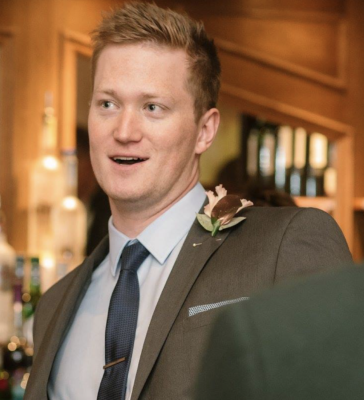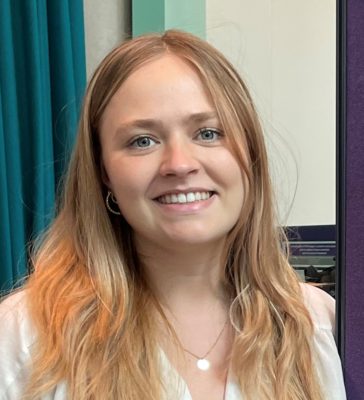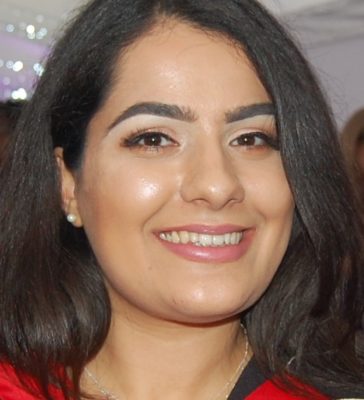
Oliver Steele
Current Employer/Organisation Name
University of Sussex
What have you been doing since leaving Exeter, and what are you doing now?
Since graduating from Exeter, I returned to Cardiff to undertake an MPhil. This was excellent as I returned to the same lab I had done my PTY in and effectively continued the project on Huntington’s Disease and Epilepsy. During my time there I got to attend conferences across the UK presenting my research and was involved in a large collaborative European research project. Upon obtaining my MPhil I then accepted a DPhil in Sussex researching Alzheimer’s disease and the underlying synaptic deficits associated with the disorder. I sat on the research board, determining how funding was allocated to research at the university, enjoyed a lot of public engagement events and attended the European synapse meeting in Switzerland.
Why did you choose this career? And what do you enjoy most about your work?
I chose this career path as I’m passionate about researching Alzheimer’s disease, and thoroughly enjoy the ever changing research environment. No two days are the same and there is the possibility of discovering something nobody has ever seen before.
Please tell us if you were a member of any societies, groups or sports clubs?
I was part of the course society, ClincSoc, whilst also playing rugby for the Engineers and founding the Australian Rules Football Society. I was also a senior ambassador for three years for the student recruitment office.
Were you part of the Exeter Student Ambassador Scheme at any point during your studies?
Yes.
What did you enjoy most about your programme and what was the biggest highlight?
I enjoyed the problem solving nature of the course which has proved invaluable in a research environment, that and the independent study allowing me to work at my own pace and depth. The biggest highlight of my academic time in Exeter was likely my final year project as that was where I discovered the sorts of techniques that I now use every day and hope to use for some time to come!
What did you enjoy most about studying here?
Studying in Exeter was great, particularly on my course, as we had access to two great campus’ – St Luke’s and Streatham meaning there was always somewhere to study, and usually somewhere pretty nice too.
Why did you choose to study at Exeter?
I chose Exeter due to a gut feeling. I looked at plenty of other universities, but something about Exeter on the open day made me realise that this was definitely the right place for me.
What skills and experiences have been most useful for your career?
Independence and perseverance. Research is hard, and can often feel quite isolating at times. However, the joy when an experiment works or discussing your results with world leading academics is second to none and makes the tough times so much more worth it. Being able to independently problem solve and develop questions, then keep going when the experiment doesn’t work or the answer to your question isn’t what you expected – that’s what is invaluable to a researcher. These were definitely developed as a part of the problem based small group learning developed in Exeter.
What advice would you give to a current student who wishes to pursue your career?
Find something you’re passionate about, absolutely. If you enjoy it, it won’t feel like a slog. I still get childishly excited whenever I see an action potential or a synaptic event (which is pretty much every day now!). Be proactive too, so get talking to academics and be interested in their work. Lastly, READ. Read papers, and then read some more – again, this is much easier if the topic is something that interests you.
What are your plans for the future?
I’d like to remain in research for some time to come, and would love a career balancing teaching at university and running my own research. I’d like to therefore get another couple of teaching qualifications (I’m currently an associate fellow of the higher education academy) and perhaps a part time masters in computer science too – again, as I enjoy it!

